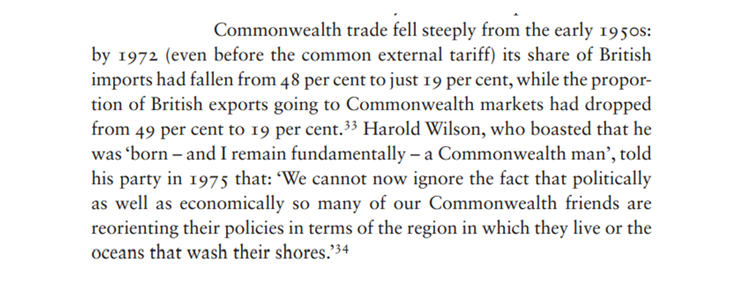
In the days before opinion polls, by-elections were the only tool parties had for testing public opinion in the middle of a Parliament. It's no wonder they were so often astonished by what happened at General Elections!
https://twitter.com/lewis_goodall/status/1405706267088261120
By-elections used to happen more often. Between 1832 & 1914 there were more than 2,600 by-elections - about thirty a year. In the 1852-57 Parliament, 1 in 3 constituencies had a by-election. So the balance of parties in the Commons could shift radically between general elections
Arguably, that made Parlt more sensitive to changes across the electoral cycle. The Conservative & Unionist Party saw its majority fall by c.60 seats over the 1900-05 Parlt, through defections & by-elections. A party elected with a landslide in 1900 could no longer govern by 1905
So if you enjoyed the contests in Hartlepool and Chesham and Amersham, imagine 28 more by-elections this year. @lewis_goodall would be in heaven!
• • •
Missing some Tweet in this thread? You can try to
force a refresh















